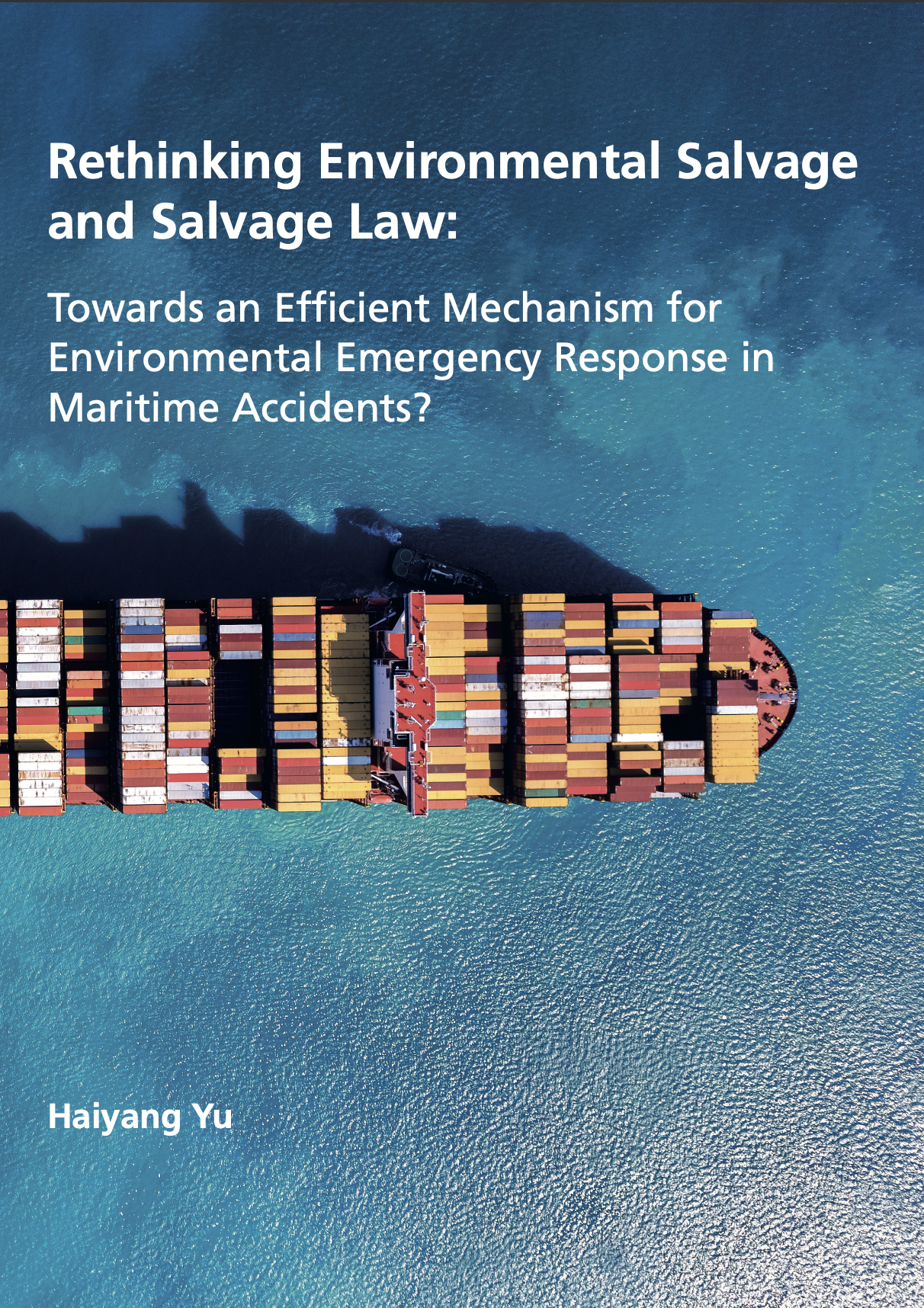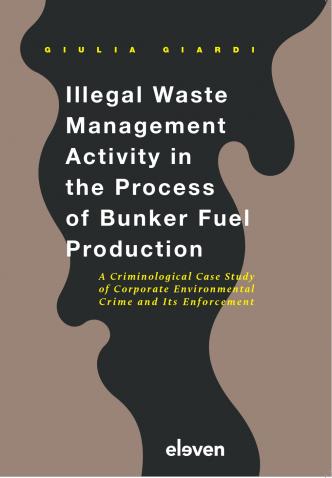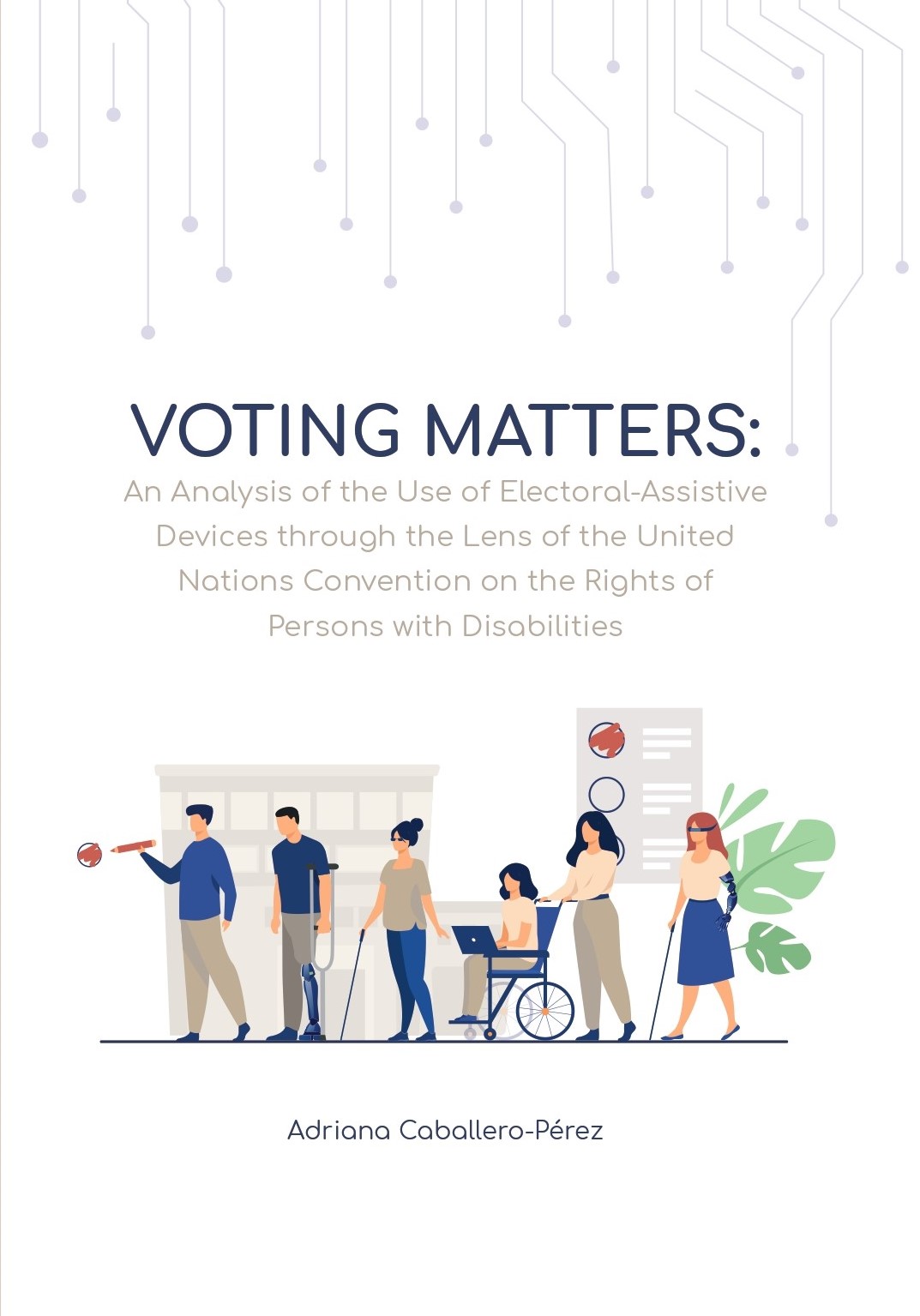Rethinking Environmental Salvage and Salvage Law:Towards an Efficient Mechanism for Environmental Emergency Response in Maritime Accidents?
Supervisors: Prof. dr. Michael G. Faure, Prof. mr. Ton Hartlief
Keywords: Environmental Salvage, Maritime Law of Salvage, Salvorial Negligence, Maritime Accidents
"Rethinking Environmental Salvage and Salvage Law: Towards an Efficient Mechanism for Environmental Emergency Response in Maritime Accidents?"
Professional marine salvors who have the emergency response capacity to maritime casualties traditionally are rewarded on a ‘No Cure-No Pay' basis under the maritime law of salvage. However, in cases involving potentially significant environmental damage, such as distressed oil tankers, it may not provide adequate incentives as the benefit conferred is the prevention or minimization of environmental harm rather than property salvage. Additionally, salvors may face legal liabilities due to uncertainties.
Cost-effective environmental services by salvors in maritime accidents are socially desirable for the safety of navigation and environmental protection. This research delves into the salvage law and practice and their environmental implications. It employs a law and economics analysis to propose a new mechanism involving contractual and financial structures for 'environmental salvage'. The study also examines salvorial negligence and its consequences in environmental salvage. It aims to restore the balance between public and private interests in the field of marine salvage.
Also read
-
PhD thesis written by Giulia Giardi
This book draws on never-before used data on both crimes and enforcement to shed light on this murky world. Whether you are professionally or privately engaged in contrasting corporate crime or environmental harm, this book can enhance your perspective and toolset... -
The Consul Association has jointly decided to award a prize (value: 1000 euro) for the best master thesis in the field of EU law, written at the Faculty of Law of Maastricht University during the academic year 2022/2023. The Prize will be awarded to the student who wrote a thesis of outstanding...
-
PhD thesis written by Adriana Caballero Pérez
This study adopts an evidence-based approach and a mixed research design to explore the de facto realization of the right to vote by persons with disabilities, or the ‘opportunity’ to enjoy this right on an equal basis with others.



